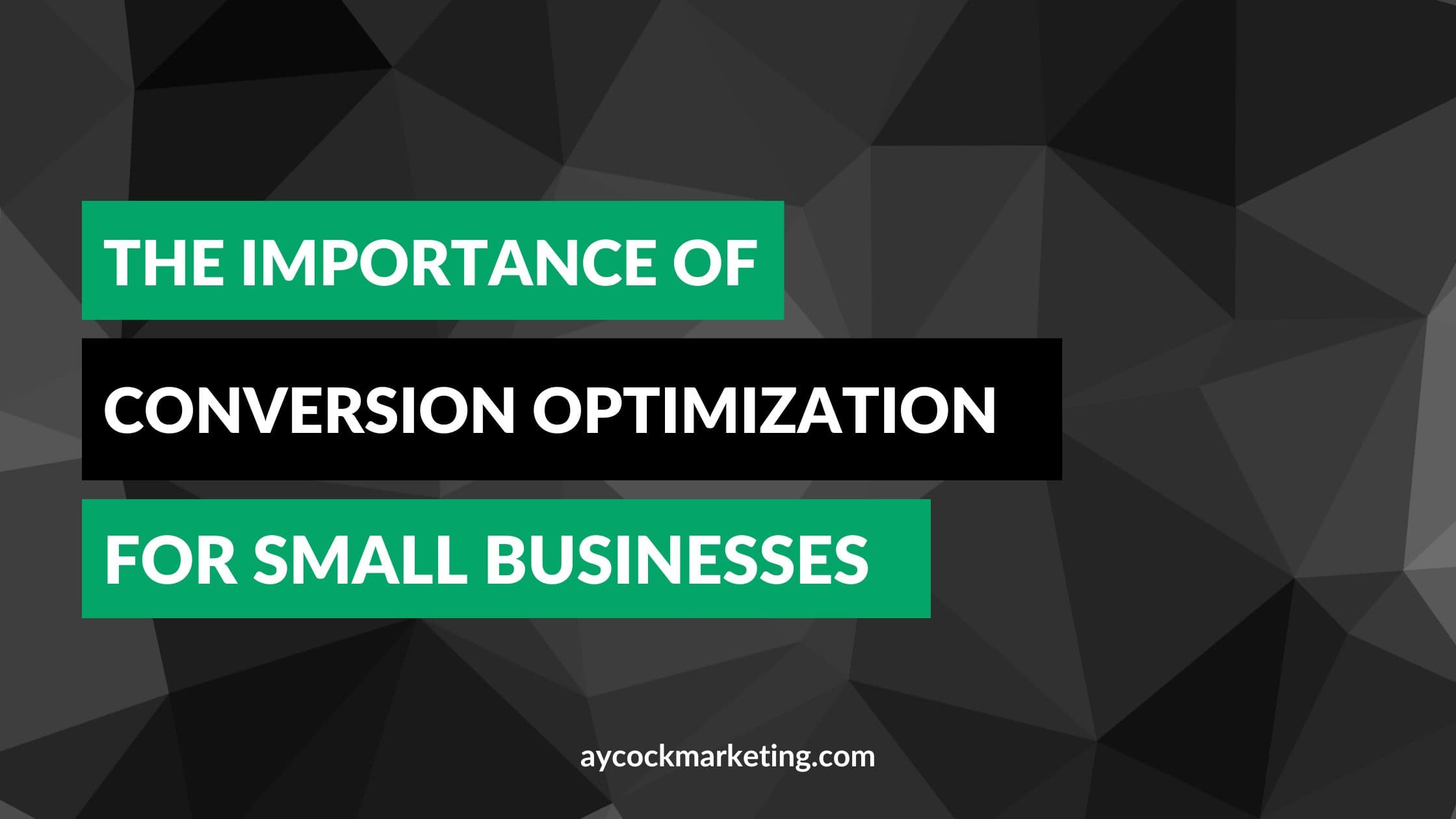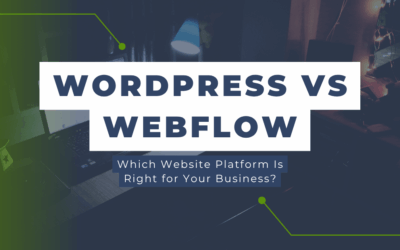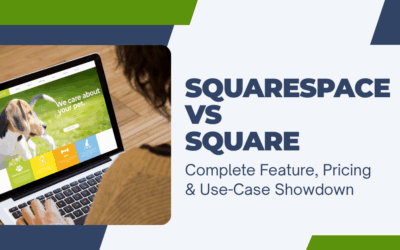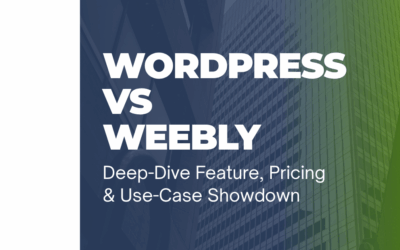Convert Better, Be More Profitable
As a small business owner, you are constantly striving to grow and expand your business. One way to achieve this goal is through conversion optimization. In this blog post, we’ll discuss what conversion optimization is, the benefits it provides, and why it is important for small businesses. Additionally, we’ll provide some effective strategies for small businesses to optimize their conversion rates.
Jump Ahead
- What is Conversion Optimization?
- Reasons Why Small Businesses Need CRO
- Benefits of Conversion Optimization for Small Businesses
- How Conversion Optimization Sets You Apart
- 5 Effective CRO Strategies for Small Business Owners
What is Conversion Optimization?
Conversion optimization refers to the process of improving the percentage of website visitors who take a desired action, such as making a purchase or filling out a contact form. The goal is to increase the effectiveness of your website by converting more visitors into customers. By optimizing your website for conversions, you can improve the user experience and ultimately drive more revenue for your business.
Reasons Why Small Businesses Need Conversion Optimization
Now let’s talk about why small businesses need conversion optimization. First and foremost, small businesses have limited resources and budgets. Conversion optimization allows you to get the most out of your marketing efforts by maximizing the impact of each visitor to your website. Additionally, small businesses typically have a smaller audience, so it is even more important to engage with each visitor and convert them into a customer.
Benefits of Conversion Optimization for Small Businesses
There are several benefits of conversion optimization, including increased visibility, improved efficiency, a more engaged audience, and increased profitability. By improving your website’s conversion rate, you can attract more visitors to your website, which can lead to more sales and increased revenue. Additionally, optimizing your website can improve the efficiency of your marketing efforts, as you will be targeting a more engaged audience. Finally, conversion optimization can help you increase profitability by reducing your cost per acquisition and improving your overall return on investment.
Conversion Optimization Sets You Apart from Competitors
In today’s highly competitive business environment, it’s important to stand out from the crowd. By optimizing your website for conversions, you can differentiate yourself from your competitors and establish yourself as a leader in your industry.
By improving the user experience on your website, you can create a memorable and positive impression on visitors. This can lead to increased brand loyalty and advocacy, which can help you attract and retain customers over the long term. Additionally, by analyzing user behavior and understanding your customers’ needs and preferences, you can tailor your website to their specific needs and preferences, providing a customized experience that your competitors may not be able to match.
Optimizing your website for conversions can also help you stay ahead of the curve when it comes to digital marketing trends. As more businesses begin to adopt conversion optimization strategies, those who fail to do so risk falling behind the competition. By staying up-to-date with the latest trends and best practices in conversion optimization, you can continue to refine and improve your website, maintaining a competitive edge over other businesses in your industry.
In conclusion, conversion optimization is not only important for improving your website’s performance and driving more revenue for your business, it’s also a key factor in setting yourself apart from your competitors. By creating a user-friendly and customized experience for your visitors, you can establish yourself as a leader in your industry and attract and retain customers over the long term.
Effective Strategies for Small Businesses
Here are some effective strategies for small businesses to optimize their conversion rates:
- A/B Testing – A/B testing involves creating two versions of a webpage and testing them against each other to see which one performs better. This allows you to make data-driven decisions about which elements of your website are most effective at converting visitors into customers.
- Analyzing User Behavior – Understanding how visitors interact with your website can provide valuable insights into how to optimize your website for conversions. Analyze user behavior to identify areas where visitors are dropping off or not engaging with your website.
- Optimizing Content – High-quality, engaging content is essential for converting visitors into customers. Optimize your website’s content to make it more compelling and persuasive.
- Utilizing Personalization – Personalization involves tailoring your website to each visitor’s individual needs and preferences. By providing personalized recommendations and content, you can improve the user experience and increase conversions.
- Removing Friction – This involves removing any obstacles or barriers that may prevent a visitor from taking a desired action on your website, such as filling out a form or making a purchase. This can include simplifying the checkout process, reducing the number of form fields, or improving website load times. By reducing friction, you can make it easier for visitors to convert into customers, ultimately improving your website’s conversion rate.
Conclusion
In conclusion, conversion optimization is a critical component of any small business’s marketing strategy. By optimizing your website for conversions, you can attract more visitors, engage with your audience, and ultimately drive more revenue for your business. By using effective strategies such as A/B testing, analyzing user behavior, optimizing content, and utilizing personalization, you can optimize your website for conversions and achieve your business goals.




